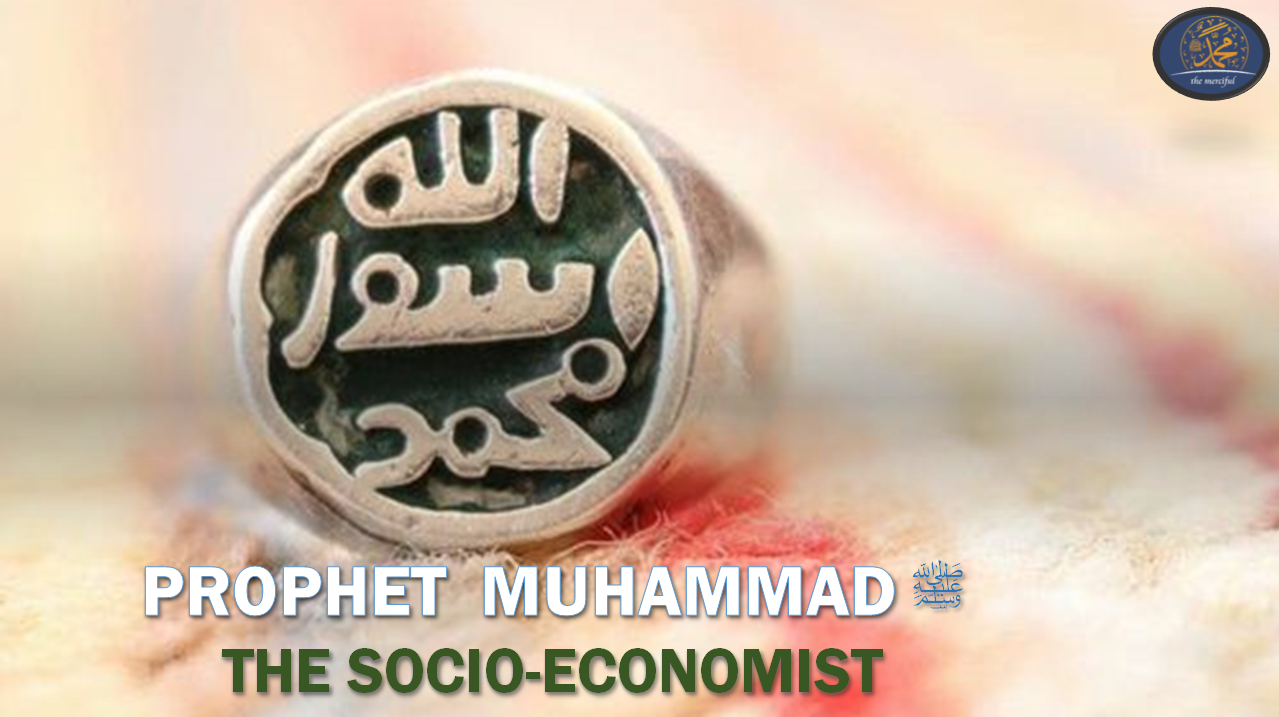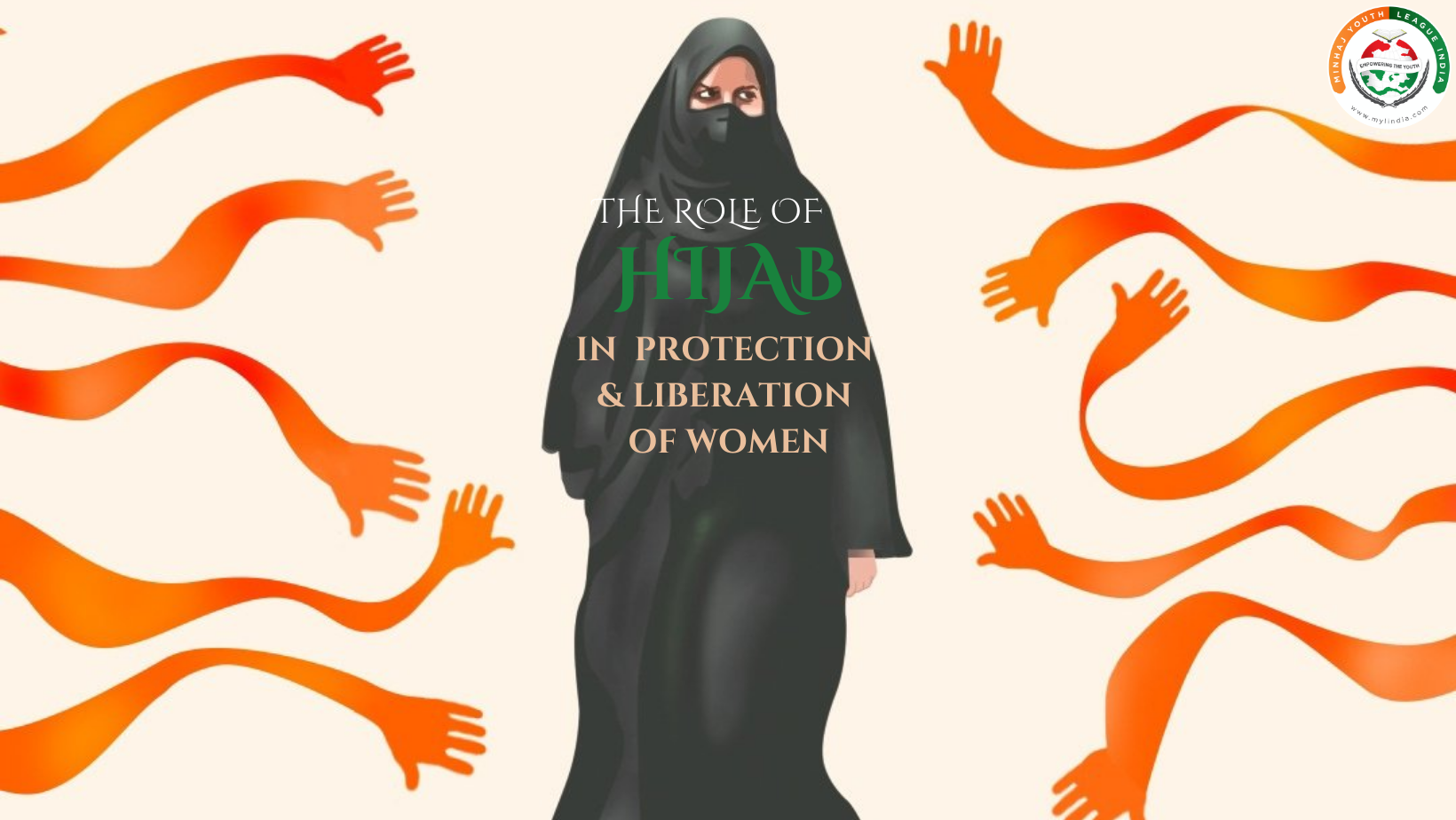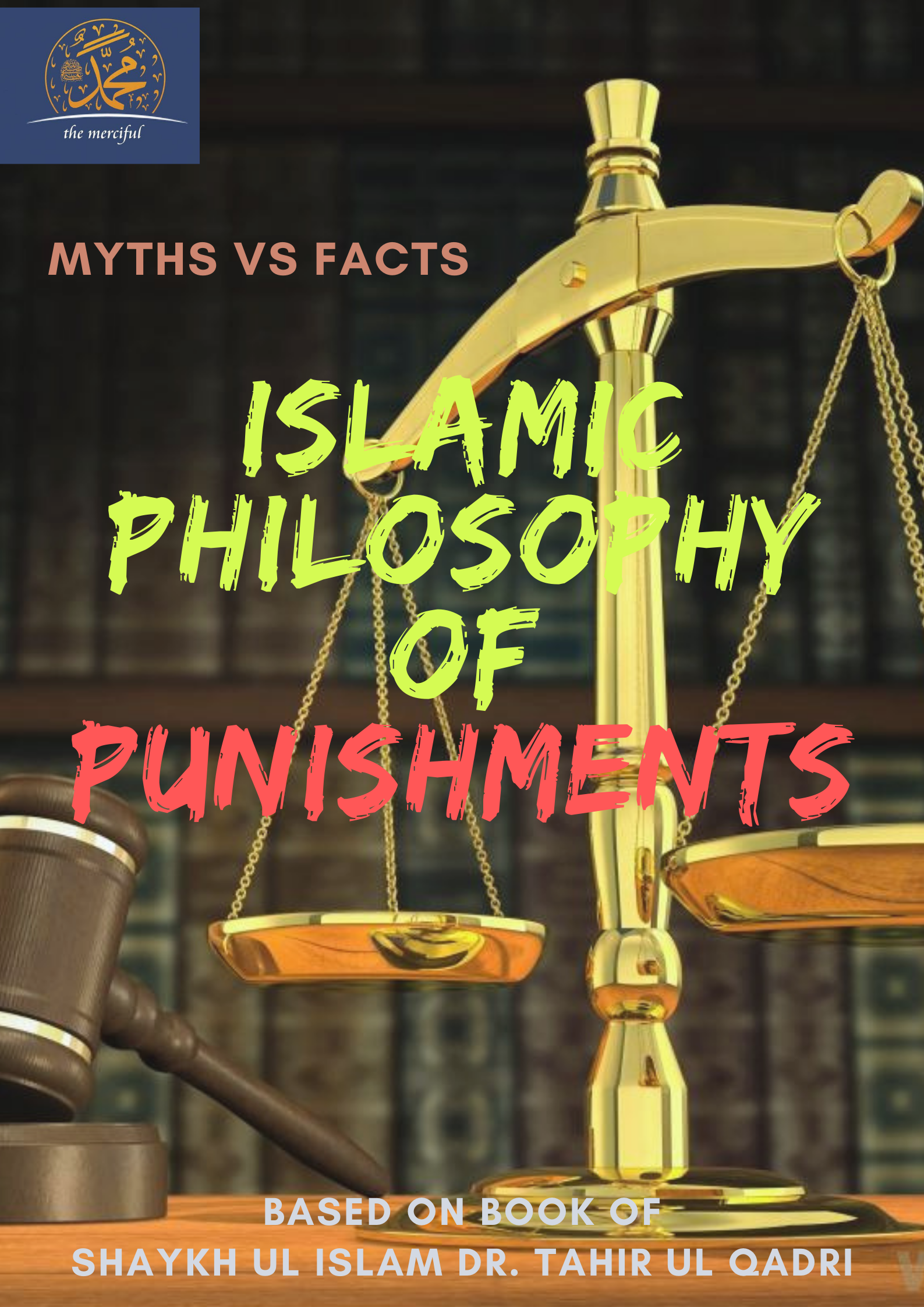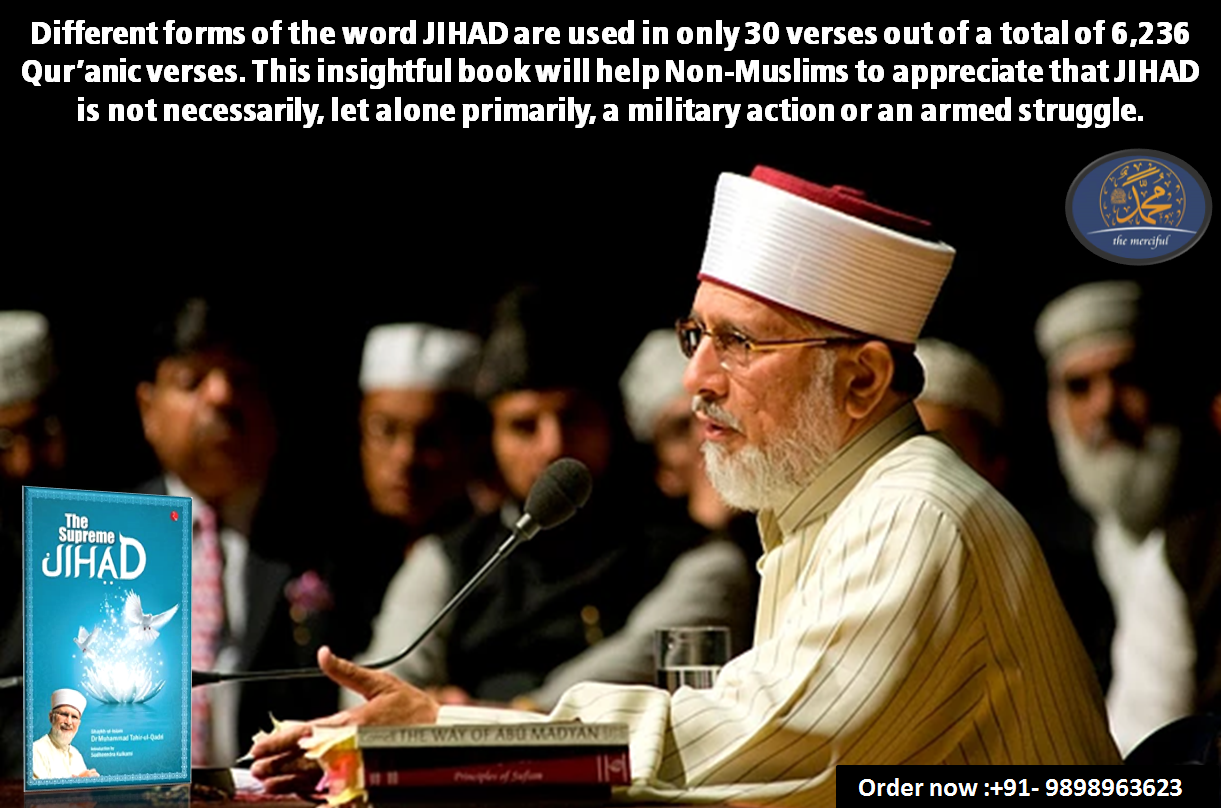The life of the Holy Prophet Muhammad ﷺ is an archetype which serves as a practical demonstration and an exegesis of Allah’s commandment of adopting peace in its entirety. The Prophet ﷺ set a precedent for the greatest ethical, spiritual and sociopolitical revolution in human history. Before his arrival, Arabia was fraught with deceit and corruption in trade and commerce, so he eliminated economic exploitation by enforcing just trade, as well as the right to ownership and inheritance. The new socio-economic system initiated by the Holy Prophet ﷺ shattered the shackles of feudalism and capitalism. He declared fulfilling the rights of the state an obligation upon all Muslims, thus ensuring that they live as peaceful citizens wherever they may be. His message was not only for the thousands standing before him but for Muslims of all places and times.
Seven-Point Social Policy Formulated by Holy Prophet ﷺ
Before the Prophetﷺ decided to emigrate from Mecca to Medina, a gathering took place in Mina (near Mecca). The gathering formed what was to be known as the first pledge of allegiance; the Baya al-Aqaba al-ula. Twelve people from Medina came to see the Holy Prophet Muhammadﷺ and embraced Islam. Thereafter they made a hand-in-hand pledge with the Holy Prophetﷺ, affirming their loyalty and allegiance to him. During this meeting, the Prophet a delivered a sermon and introduced Islam to them which was to be their very first lesson on the religion. Later, the twelve delegates were appointed by the Holy Prophetﷺ as his representatives; to propagate and introduce Islam to the society of Medina. ►[Related by al-Bukharī in al-Sahih, vol. 1, p. 15 #18; Ahmad b. Hanbal in al-Musnad, vol. 5, p. 323; Ibn Hisham in al-Sīra al-Nabawiyya,vol. 6, p. 281; al-Tabarī in Tarīkh al-Umam wa al-Muluk, vol. 1, p.559; IbnaKathīr in al-Bidaya wa al-Nihaya, vol. 3, pp. 150, 151; and Ibn Khaldun in his well-known History, vol. 2, p. 348.]
This first sermon consisted of seven points, and through these points the Prophetﷺ laid down his vision of a good society.
– The first point of this sermon was a commandment of faith and obedience to Almighty Allah – the Lord and Creator.
– The second point, after belief in the creator and submission to Him, was the prohibition of theft.
– The third point was that there should be no adultery or fornication in one’s life, so that one is free from all sexual immoralities and crimes.
– Fourth, there should be no killing, particularly of females and mankind in general.
– Fifth, there should be no false allegations or false accusations against anyone.
– Sixth, that there should be no back-biting.
– Finally, the seventh point was the obligation to practice and propagate the good and to abstain from evil.
The delegate returned to Medina with this message of Islam. All basic books of Islamic history have narrated this sermon undisputedly. So this is not any isolated tradition, but a well-known and unanimously agreed-upon tradition. Note, that only one point (out of the seven) is related to the religious and spiritual message of Islam. The rest are related to the reformation and refinement of man’s moral ethics and conduct, and are all secular in nature. The Prophetﷺ’s main emphasis was to protect human life in its individual sphere, as well as in its collective sphere, from all kinds of social crimes and injustices. The reality is that the life of the Prophetﷺ is inundated with such occurrences and events. These and other such narrations establish beyond a shadow of doubt, that the Prophetﷺ set a precedent for the greatest ethical, spiritual, economic and sociopolitical revolution in human history.
Reference Book – Peace , Integration and Human Rights by Shaykh ul Islam Dr. Tahir ul Qadri- Page 80




